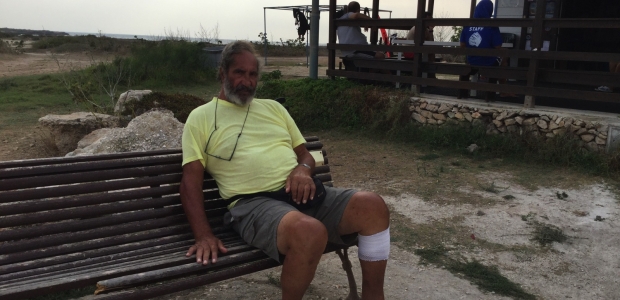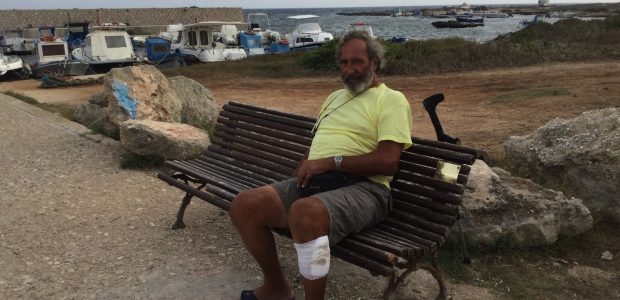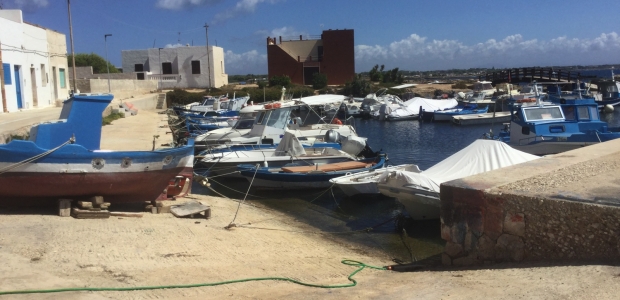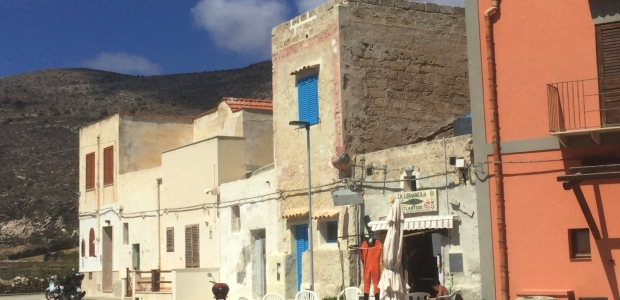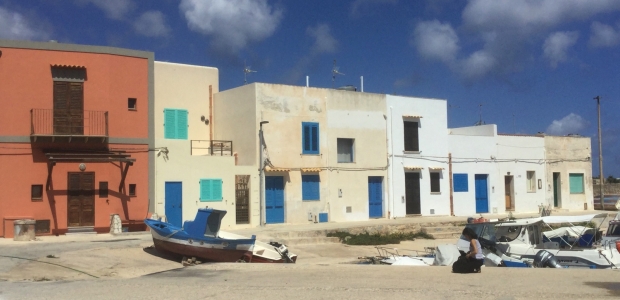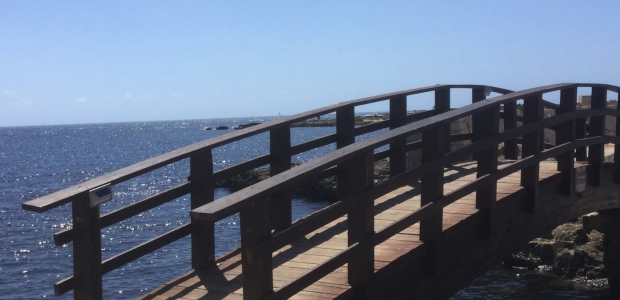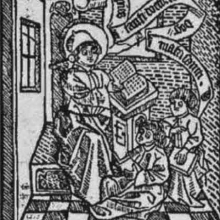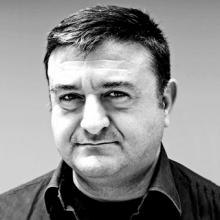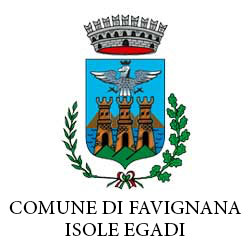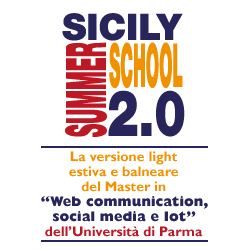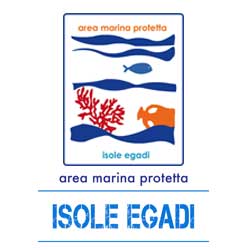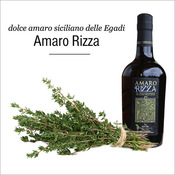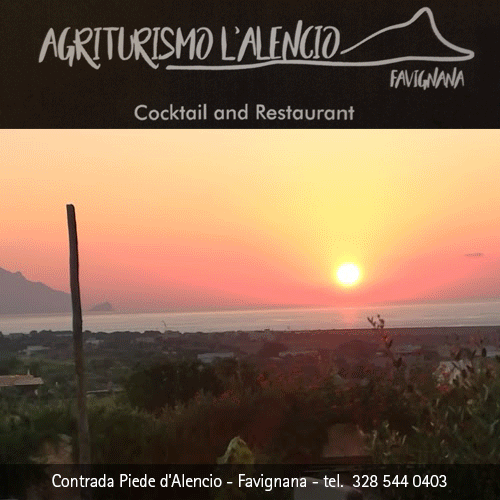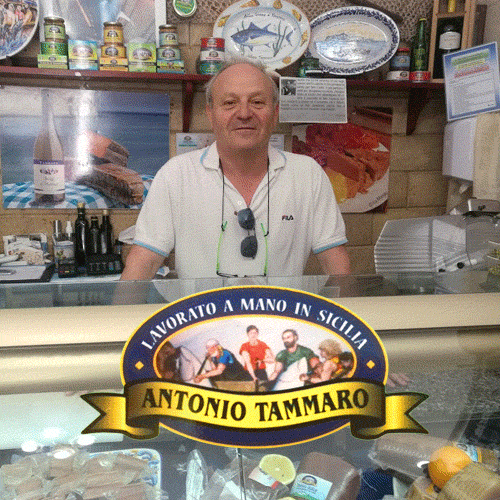Languages
"Me, the last of rais"
Gioacchino Cataldo, love and numbers
Love is the key to everything. The key that opens Favignana's secret door, the sea butterfly where nothing is obvious. The love that the new barbarians, thrown from the hydrofoil in the morning and sucked in it in the evening, red as tuna, they no longer know. Love and numbers: because without them there is no story. There is no “mattanza” (tunas slaughter). Gioacchino Cataldo made eleven mattanza as a rais, and he knows tunas as nobody else. Love and numbers: streams calculation, rotating fish movements, nets. The Sea Palace, large 30,000 square feet and deep 40, where ever-thicker nets push the tunas up to the death chamber. The mattanza. A bloody tradition which Gioacchino, the last of the rais, used to greet with a prayer. Because every fishing day, every year, could be the miraculous one. He tells about the blood, the sweat, the life, with a passion burning like the sun on his skin, Gioacchino, the new Homer of a land he loves angrily, from the very first day he was forced to leave it because it did not give him to eat.
I did not resist far from here, I came back. Here at Puntalunga. Where I was born.
In Venice, with the Marò (1st San Marco Regiment), then in Pavia, and then in Germany, as a textile worker who has never stopped dreaming of his Itaca. "I stole the craft, I learned everything. But I did not resist far from here, I came back. Here at Puntalunga. Where I was born". And here even today, on the bench in front of the diving, in front of his grandparents’ home spotted by the avid hands of new barbarians. A silent and quiet pier where the undertow remains the only soundtrack. "They sold everything, here. For money man sells himself. Once the handshake was enough, the contracts were not needed. " The Rais doesn’t fit in this new world. He would like to be alone, to tell stories to himself as he sails far away, if love would not hold him like an anchor. "I'm a latin lover, and it's a nice thing" smiles showing the old flame. "I keep on loving women, I can’t help myself." A compulsive soul road, like the tunas’ one. Which must be taken as the farmer collects the fruit of the trees.
Tuna cannot stop, if it doesn’t swim it dies.
The first to understand it were the Noble Florio’s family, who invented and built here a fishing method and an empire of which indelible signs remained, such as the factory and the palace near the harbor. They did not have the secret in their hands, though, Rais says slyly: the numbers, "the key to everything." They open each door: nature, history and memory. He even invented a method, one day while he was on a plane, while Trapani lights became smaller and smaller, "from a date I find the day of the week." Key numbers for tuna fishing. "You must study the backdrop, you must calculate the streams, which, in the last 20 years, have shifted 10 degrees to the southeast. And you must drop the nets counterclockwise. Tuna cannot stop, if it doesn’t swim it dies, because it does not have the natatorium bladder. " 21 degrees: it is the temperature of the water to spawn the eggs. Numbers and experience. Today, all this is no longer needed: tuna fishing takes place in the Atlantic, there are radars to find the benches, many more fish are caught, without distinction between adult and little ones, preventing tunas from reaching the warm Mediterranean waters to reproduce. This is another story that the last Rais no longer recognizes: it is the story of the new barbarians who take pictures to the hospitalized turtles just like voyeurs. Without love.
